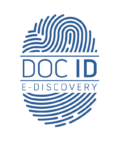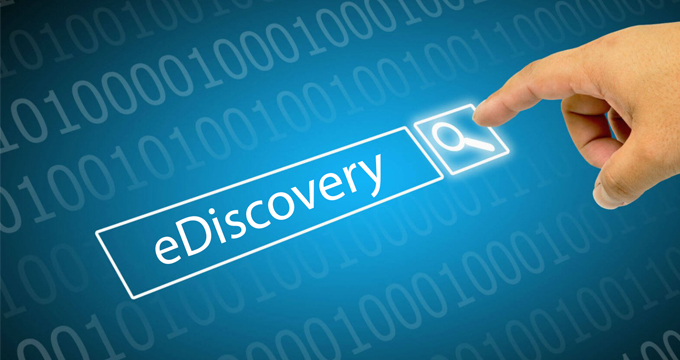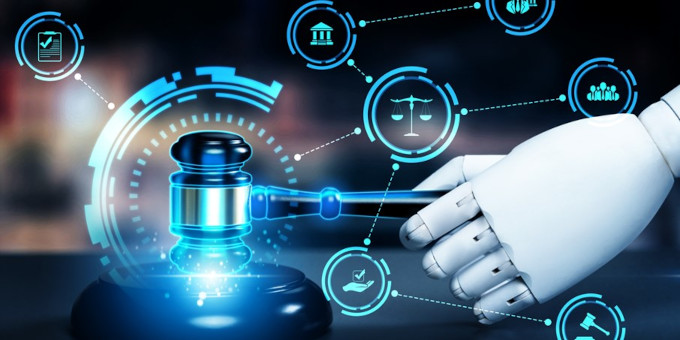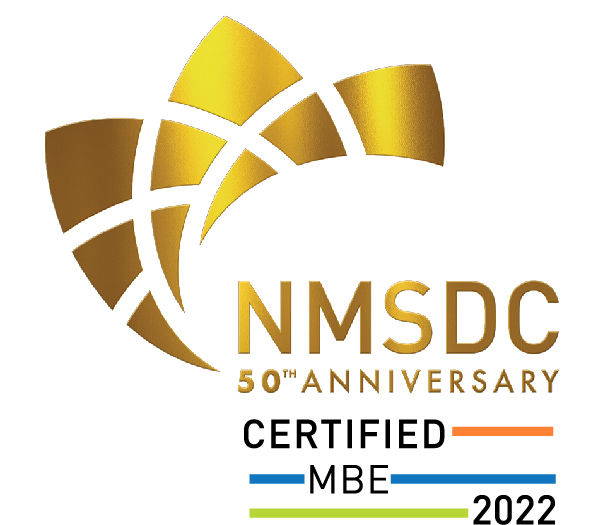eDiscovery is the unsung hero of the modern legal saga.
In today’s tech-packed world, the legal game is getting a makeover, and the star of the show is eDiscovery. As the digital data floodgates burst open, legal pros are realizing the need to hop on the eDiscovery train to make legal processes smoother.
Let’s dive into why eDiscovery is such a big deal, exploring its impact on legal routines, how it streamlines things, keeps costs in check, and what hurdles it brings. We’ll also discuss the ethical and legal bumps on the eDiscovery road, like privacy worries, data protection, and whether electronic evidence gets the green light in court.
What is eDiscovery?
eDiscovery, the abbreviation for electronic discovery, is all about digging up, collecting, and presenting electronically stored info (ESI) as the superhero of evidence in legal cases. Picture this: emails, docs, social media posts, videos – you name it. eDiscovery’s job is to uncover the juicy details that back up arguments or defenses during legal showdowns.
As tech takes the lead, the old-school paper chase is out, and smart software steps in. The process kicks off with the identification phase. Legal teams and clients team up to figure out what electronic data needs a closer look.
Once the data game plan is set, it’s time to collect it. This involves grabbing the identified ESI from servers, computers, phones, and cloud storage. However, it’s imperative to understand that collecting needs to follow the rules, staying on the right side of legal and ethical guidelines to keep the evidence rock-solid.
After the collection period ends, it’s crunch time. The collected data goes through processing and analysis, where electronic discovery software takes the stage. This tech wizard handles large data volumes, doing things like cleaning up duplicate info, doing keyword searches, and pulling out metadata. The goal? Toss out the junk and zero in on the data that packs a legal punch.
Now, enter the legal eagle squad. Attorneys and their teams roll up their sleeves and sift through the documents and ESI with a fine-tooth comb. It’s a make-or-break phase where they spot key evidence, potential witnesses, or anything that could make or break their case.
Importance of eDiscovery in Modern Legal Practice
Now, let’s talk about why eDiscovery is the MVP in today’s legal playbook. It’s not just about speeding up the evidence hunt; it’s about giving legal eagles the tools they need to make smart moves and build a solid game plan.
But here’s the kicker: eDiscovery isn’t fazed by the data deluge of the digital age. In a world where info is piling up faster than you can say “objection,” traditional methods just can’t keep up. eDiscovery tools are tailor-made for the data mountain climb, making the process a breeze.
Back in the day, physical documents could get lost or tampered with. eDiscovery steps in as the digital guardian, ensuring electronic evidence stays safe and sound. It’s like putting evidence in a virtual vault, keeping it intact from start to finish. This isn’t just about protecting the evidence; it’s about having a reliable record of the info journey. By tapping into eDiscovery tools, legal teams discover insights and connections that might’ve slipped through the cracks.
Collaboration is the name of the game too. With electronic data, legal professionals from different corners of the world can team up in real time. It’s a digital pow-wow where ideas and insights fly fast and furious. eDiscovery platforms even throw in features like tagging and commenting for a seamless teamwork experience.
Adding to that, when it’s time for the grand finale – presenting evidence in court – eDiscovery steals the spotlight. Electronic data gets a makeover, turning into interactive visualizations, timelines, or multimedia presentations. It’s not just about making evidence pop; it’s about making complex info courtroom-friendly. By adding a touch of tech, legal pros can spin their arguments with visually striking exhibits.
Impact on Legal Practices
eDiscovery isn’t just a game-changer; it’s a whole new playbook for legal practices. It kicks outdated methods to the curb, making the review process faster and friendlier on the wallet. Traditional document dives are time-consuming and pricey, but eDiscovery software is the shortcut to a smoother journey through the legal jungle.
Efficiency and cost-effectiveness
Efficiency takes center stage as this digital wizardry sifts through mountains of electronic data at warp speed. No more endless paper trails and manual reviews – eDiscovery streamlines the entire process.
Traditional document review methods could drain the budget with endless billable hours and hefty expenses. eDiscovery is the budget-friendly alternative, automating tasks, minimizing manual labor, and ensuring that legal teams focus their efforts where they matter most. It’s like getting a high-tech assistant that doesn’t just save time but also cuts down on costs, making the whole legal dance more economical.
Access to Vast Amounts of Data
Cubes of data coming together in the cloud while people watch; image by Fabio, via Unsplash.com.
Cubes of data coming together in the cloud while people watch; image by Fabio, via Unsplash.com.
Everyone is a data generator, and legal pros need a way to navigate the digital sea. eDiscovery tools make it happen, turning legal pros into info treasure hunters.
But, and it’s a big but, with great data power comes great responsibility. Legal pros need to play by the rules to keep sensitive info safe and sound. eDiscovery isn’t just about finding info; it’s about respecting privacy and protecting the data that makes or breaks cases.
Changing Dynamics in Litigation Strategies
Hold onto your legal hats – eDiscovery isn’t just a tool; it’s a game-changer in how legal battles play out. Forget the old script of paper documents and witness tales; eDiscovery flips the script.
With electronic evidence in the spotlight, lawyers dig into electronic communications, metadata, and other digital breadcrumbs. It’s like having a backstage pass to the intentions, actions, and motives of everyone in the legal drama. This shift in focus means cases are built, presented, and argued in a whole new way.
Legal and Ethical Challenges
It is important to mention that eDiscovery also brings its own challenges, and the biggest foes are legal and ethical. Privacy worries and protecting personal info take center stage.
Privacy concerns and data protection
In a world drowning in electronic info, there’s a looming risk of privacy breaches and sneaky unauthorized access. Legal pros need to play by the data protection rules, setting up ironclad security measures to keep sensitive info under wraps.
Admissibility and authenticity of electronic evidence
And then there’s the courtroom drama of electronic evidence – will it or won’t it get the green light? Establishing the who’s who of data custody and ensuring electronic data stays squeaky clean is a legal must. It’s the ticket to keeping evidence credible and reliable in the eyes of the law.
eDiscovery’s Triumphs and Trials
So, here’s the scoop: eDiscovery is the unsung hero of the modern legal saga. Its knack for turning electronic data into courtroom gold has revamped legal practices, making them slicker and more cost-effective. But, and it’s a big but, diving into eDiscovery comes with its own set of legal and ethical challenges. Navigating these hurdles while harnessing the eDiscovery magic is the key to legal success in our ever-evolving digital world.
Daniel Robinson is an experienced E-Discovery Consultant








Leave A Comment